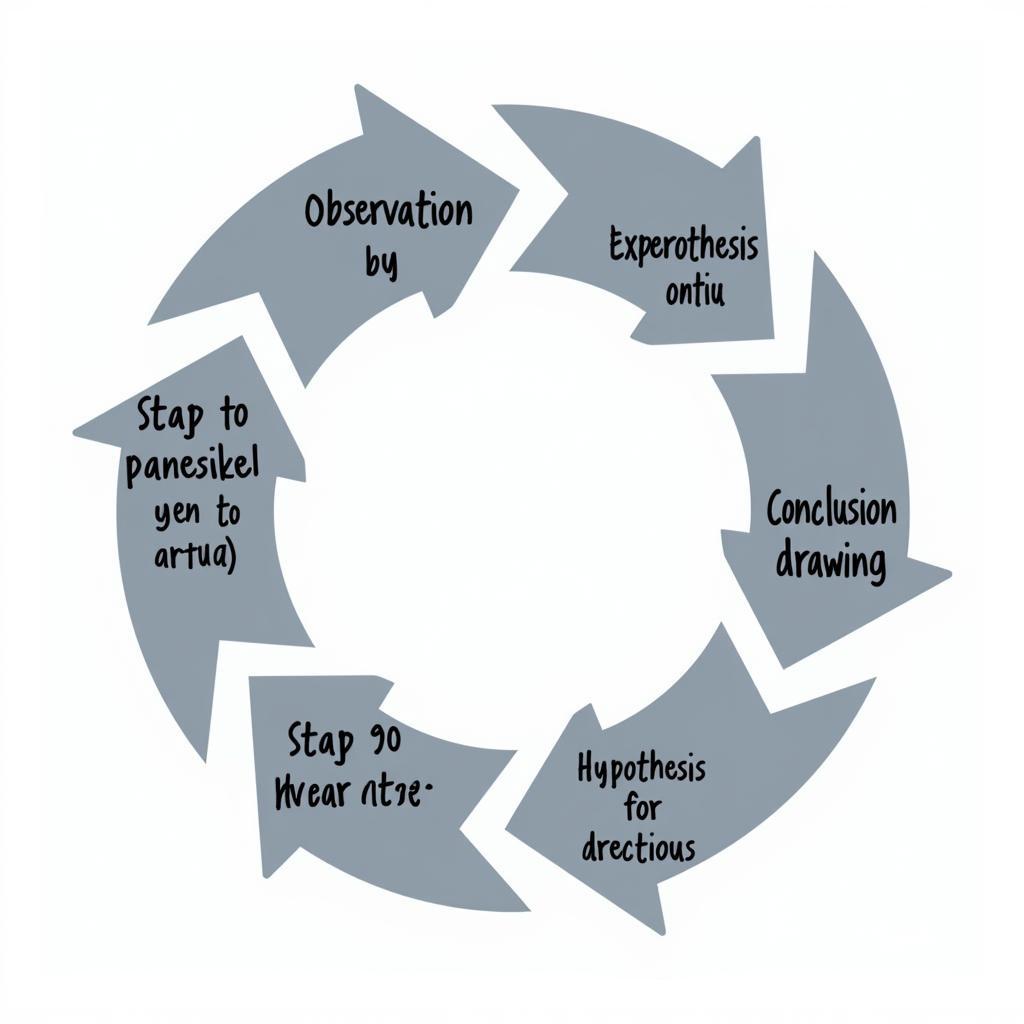The question of whether scientists can ever be completely objective when conducting research is a complex one, touching upon the very nature of scientific inquiry. While the scientific method strives for objectivity, the reality is that scientists are human beings, subject to biases, preconceptions, and external influences that can subtly, or sometimes not so subtly, shape their work.
The Human Element in Scientific Research
Scientific research, at its core, is a human endeavor. While the scientific method emphasizes observation, experimentation, and rigorous analysis, these processes are carried out by individuals with their own unique perspectives and experiences. These personal factors can influence everything from the research questions scientists choose to ask to the way they interpret their findings.
Unconscious Biases and Their Impact
Even with the best intentions, scientists can be influenced by unconscious biases. These are deeply ingrained assumptions and preferences that operate outside of our conscious awareness. For instance, confirmation bias can lead researchers to favor data that supports their pre-existing beliefs while downplaying or dismissing contradictory evidence. Similarly, affinity bias can influence how scientists perceive and interact with colleagues, potentially impacting collaborations and peer review processes.
The Influence of Funding and Institutional Pressures
The sources of research funding can also introduce bias, consciously or unconsciously. Scientists may feel pressured to produce results that align with the interests of their funders, potentially leading to skewed research outcomes. Institutional pressures, such as the need to publish frequently or secure tenure, can also influence research priorities and practices.
Striving for Objectivity: Methods and Safeguards
Despite the inherent challenges, the scientific community recognizes the importance of objectivity and has developed various methods and safeguards to mitigate bias. These include:
- Peer review: Before publication, scientific studies are subjected to scrutiny by other experts in the field. This helps to identify flaws in methodology, analysis, and interpretation.
- Transparency and data sharing: Increasingly, scientists are encouraged to share their raw data and research methods, allowing others to replicate their work and verify their findings.
- Blinding: In certain types of research, particularly clinical trials, blinding is used to prevent bias from influencing the results. This involves concealing the treatment group assignment from participants and/or researchers.
 Scientific Method and Objectivity
Scientific Method and Objectivity
Can True Objectivity Ever Be Achieved?
While these measures can help to reduce bias, it is debatable whether complete objectivity can ever be truly achieved. Some argue that the very act of choosing a research topic is inherently subjective, reflecting the researcher’s interests and values. However, by acknowledging the potential for bias and actively working to minimize its influence, scientists can strive towards greater objectivity and produce more reliable and trustworthy research.
The Role of Critical Thinking and Self-Reflection
Cultivating critical thinking skills and engaging in self-reflection are crucial for scientists to identify and address their own biases. This includes being aware of one’s own assumptions, acknowledging the limitations of one’s perspective, and being open to alternative interpretations of data.
Conclusion
Can scientists ever be completely objective? The answer likely remains a nuanced “no.” However, by acknowledging the inherent subjectivity of the human element in scientific research and implementing rigorous methodologies and safeguards, the scientific community can continually strive towards greater objectivity. This ongoing pursuit of unbiased knowledge is essential for ensuring the integrity and reliability of scientific discoveries and their impact on our understanding of the world.
FAQ
- What is confirmation bias?
- How can funding influence research objectivity?
- What is the purpose of peer review?
- What are some methods used to minimize bias in research?
- Why is self-reflection important for scientists?
- What is the role of transparency in scientific research?
- How can scientists strive for greater objectivity?
Looking for more insights? Check out our other articles on the philosophy of science and research ethics.
Need help with your own Paranormal Research? Contact us! Phone: 0904826292, Email: research@gmail.com or visit us at No. 31, Alley 142/7, P. Phú Viên, Bồ Đề, Long Biên, Hà Nội, Việt Nam. We have a 24/7 customer service team.